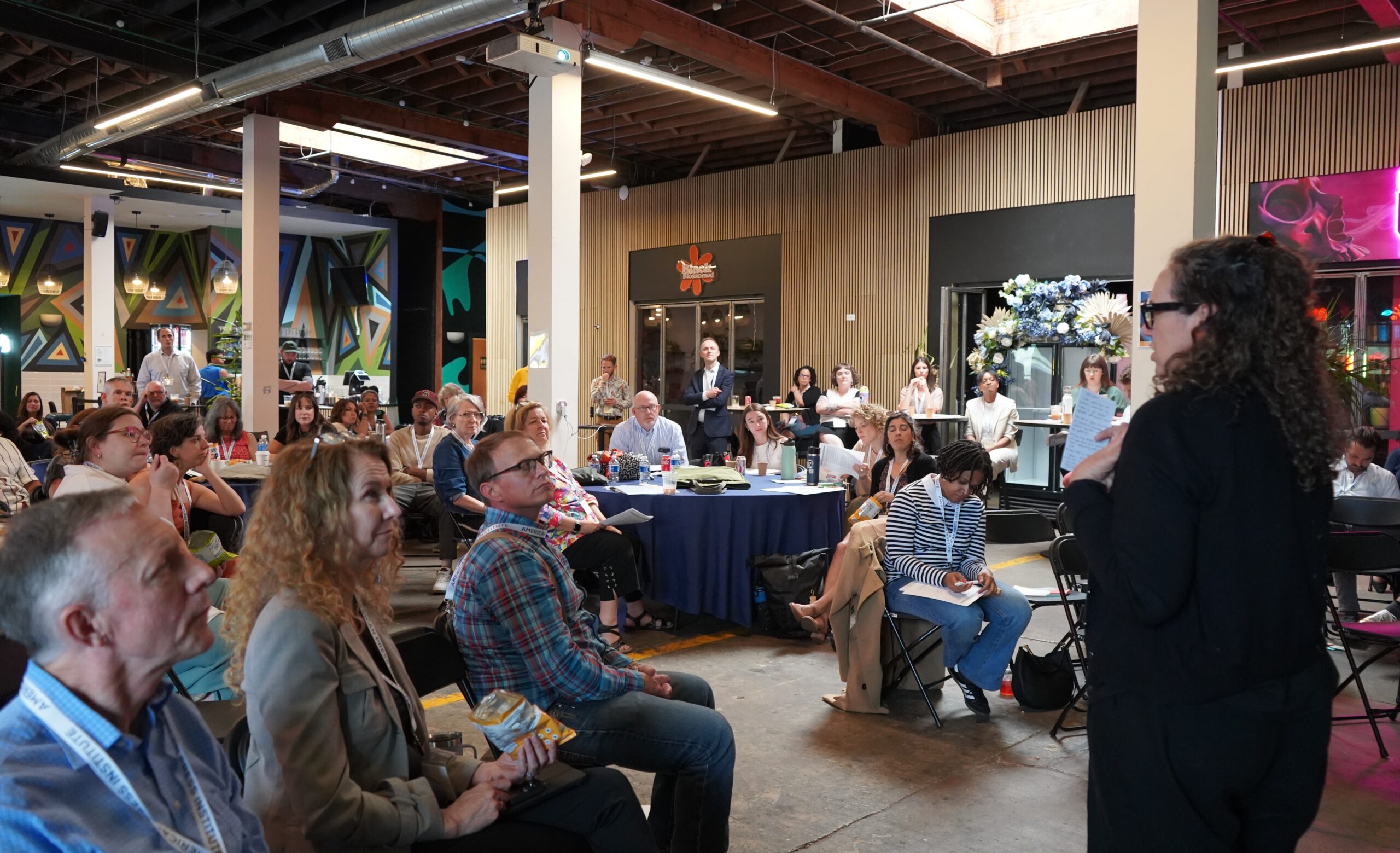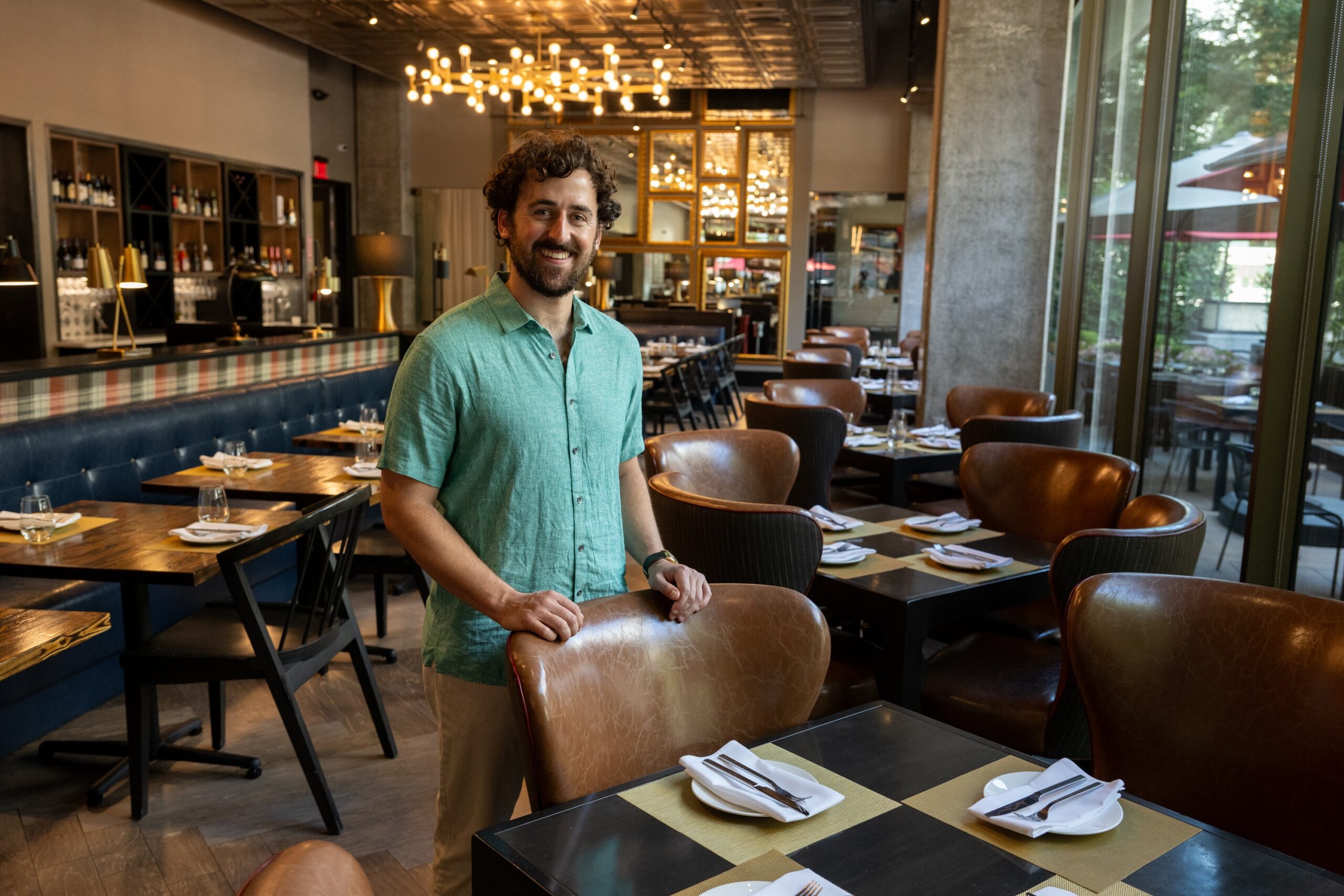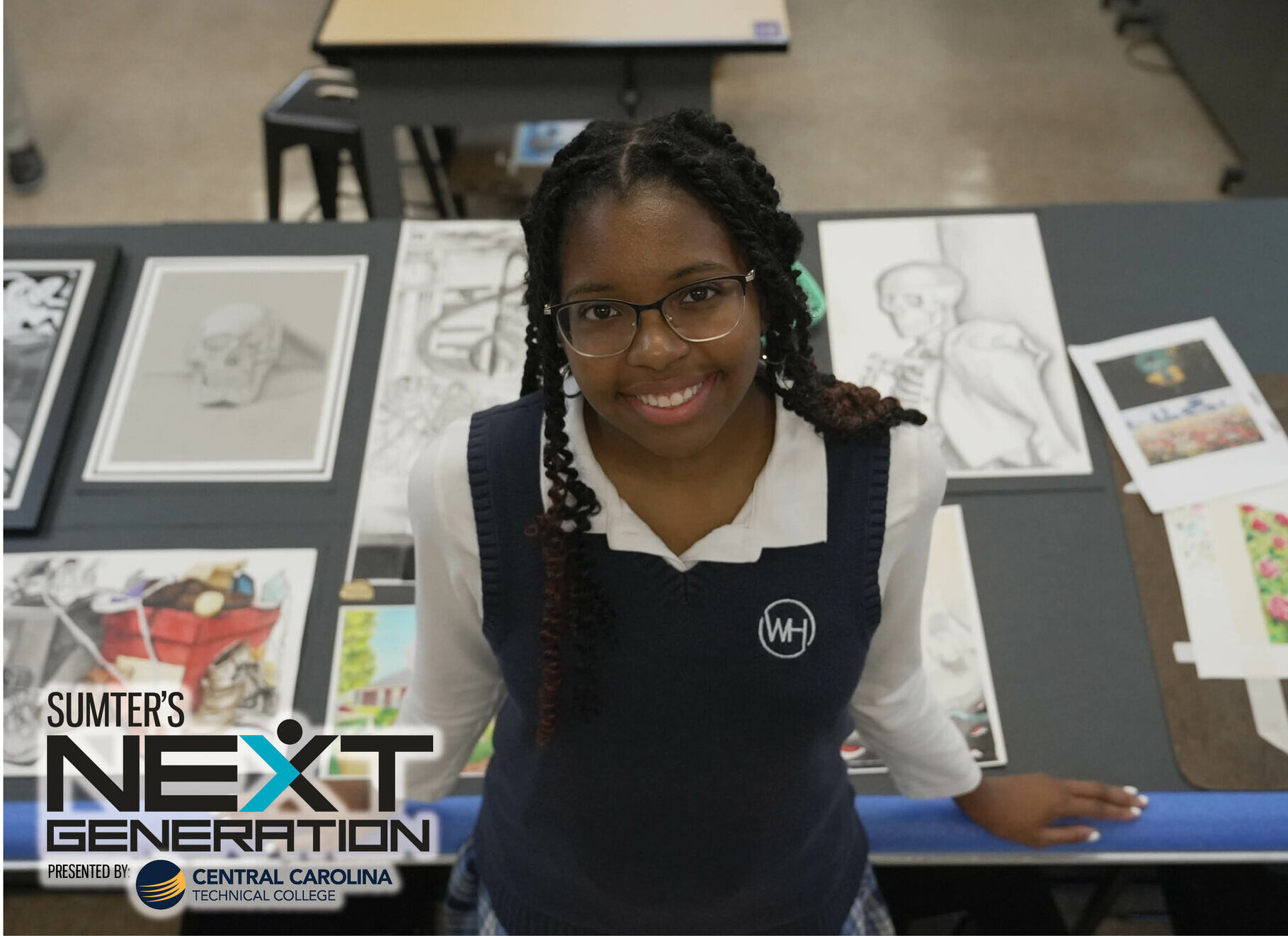
Target audiences: A primer
The proliferation of online news and information sources — and the primacy of online platforms like Meta and Google — have forced newsrooms to reconsider the vague, “general” audiences they once served.

Factchequeado developed a course to train Latino influencers in the U.S. to recognize and counter Spanish-language dis- and misinformation and to communicate without spreading misinformation.

Audiences have choices – lots of choices. So, it is imperative that your newsroom understand the needs and interest of audiences from their perspective, not yours.

Using defined criteria for making key decisions is an enormously important discipline to build in your news enterprise. The best way to learn how to serve targeted audiences with targeted content is to ‘just do it.’ Get going now!

Public Source built a diverse, regionally representative map of Pittsburgh creators and trusted messengers to strengthen relationships and spark new opportunities for collaboration.

Adapt these ideas for hyper-local news participation from API’s Local News Summit on Civic Discourse Across Generations.

Here’s an idea to steal and adapt: Meet your target audiences in the online spaces where they’re already gathering.

Here’s an idea to steal and adapt: How to create a regional keepsake that drives revenue toward your newsroom.

Don’t assume you know what a generation wants from their local news if you’re not in that generation. And don’t generalize. Active listening sessions will help you hone in on specific coverage gaps.

Mistakes lead to progress when it comes to engagement — just ask your peers at the Montgomery Advertiser, Dallas Morning News and Substantial Media.

Here are 10 ideas to steal and adapt: From audience-focused initiatives to changing internal systems, these original case studies are the most-viewed in 2022 on BetterNews.org.

Here’s an idea to steal and adapt: Create a town hall-style event for local candidates running for office to engage with constituents often excluded from the election cycle. The town hall hosted by EdNC, a nonprofit news outlet covering education in North Carolina, allowed high school students in a rural county to meet with candidates for state superintendent.